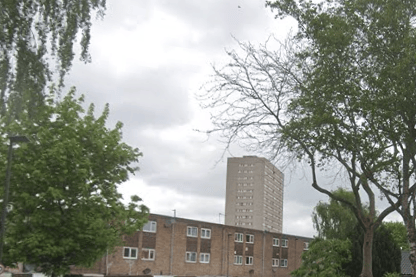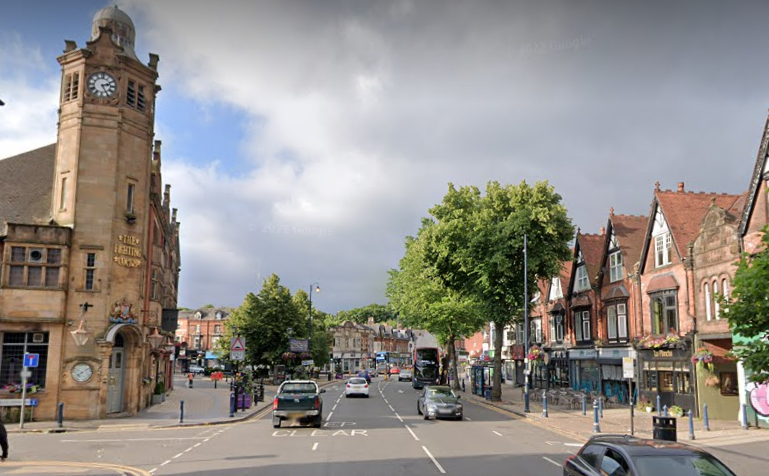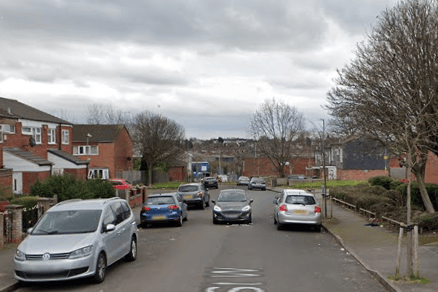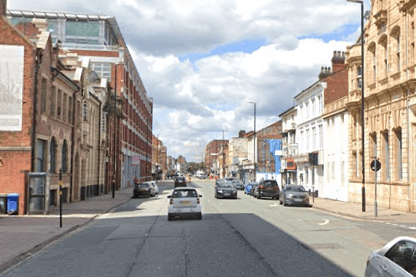Loneliness is an issue that can affect anybody, from teenagers to young adults, as well as the older generation.
With changing social lives, smaller social circles, and less mobility, leading Birmingham mental health charity Living Well UK says Generation X and Baby Boomers in Birmingham are high risk of experiencing feelings of loneliness and the associated mental health issues. But stresses that people of all ages can experience loneliness
Living Well UK is keen to address the issue by highlighting areas of the city where people are at a higher risk of experiencing isolation using Census data. The charity hopes the research will highlight the importance of addressing loneliness, how prevalent it is in Birmingham, and which neighbourhoods need support the most.
The loneliness data is based on the percentage of one person households reported in every ward of Birmingham in the 2021 UK census. Percentages are the total of households with residents aged up to 65 and residents aged 66+.
This latest data comes as the WHO declares loneliness a ‘global public health concern’ and, according to the latest data from the Campaign to End Loneliness, 3.8 million people (over 7% of Great Britain’s population) are said to be experiencing chronic loneliness, meaning they feel lonely ‘often or always’.
Ben Howells, Chief Executive at Living Well UK, comments: “It’s clear that loneliness is a growing cause for concern across the country, and Birmingham isn’t immune to that. With large parts of the city consisting of single occupancy households, thousands of people across the region are likely to be suffering from feelings of loneliness that could include being unsociable, feeling misunderstood, or noticing healthy habits slipping. This is often exacerbated by the effects of winter and pressure to pay off debts, post-Christmas, too.
“However, access to mental health support services is improving across the city. We work alongside almost 40 mental health charities and projects, who are all working tirelessly to improve the city’s mental health. We’ve also recently opened our new wellbeing hubs, called grounded., which are taking this support into communities in new ways.”
From Acocks Green to Aston and Sutton, loneliness is creeping into the lives of thousands across the region. Here are the 13 Birmingham neighbourhoods that suffer the most.

1. Ladywood
Total number of households living in solitude: 49.8% Total number of households: 13,032

2. Moseley
Total number of households living in solitude: 43.6% Total number of households: 9159

3. Nechells
Total number of households living in solitude: 39.8% Total number of households: 4910

4. Soho and Jewellery Quarter
Total number of households living in solitude: 39.4% Total number of households: 10,716
